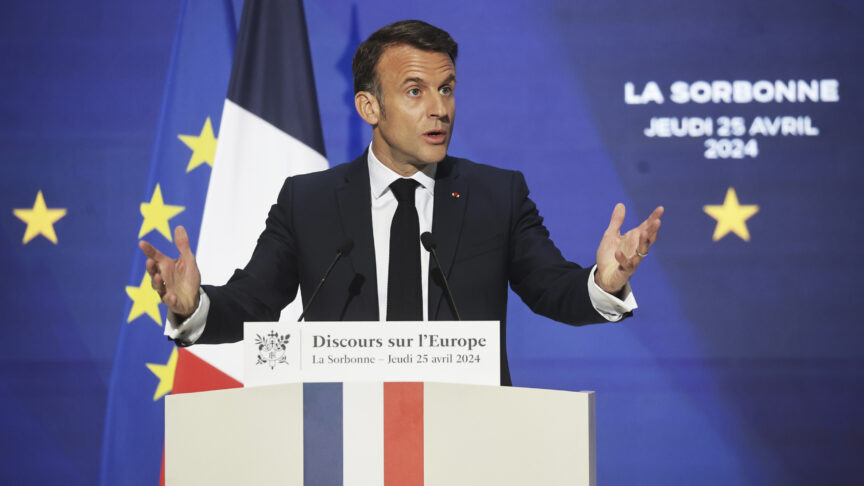Burma and Uzbekistan: The EU?s Muddle
European double-standards on Burma and Uzbekistan will hurt the EU’s interests and democracy in both countries
Two autocratic Tin Tin-like regimes crack down on peaceful protesters, leaving hundreds dead, many wounded and democratic hopes dashed. The EU’s reaction: slap sanctions on one country and lift them on the other.
Confused? You should be. But this is the probable outcome of the European Foreign Ministers’ meeting on 15 October, when sanctions against Burma are likely to be instated and those remaining on Uzbekistan lifted.
First, a bit of history. After the indiscriminate killing of civilians by Uzbek security forces in the city of Andijon in 2005, the EU imposed targeted sanctions on a handful of members of President Islam Karimov’s government who were involved with the mass killings. The EU also banned military sales to Uzbekistan.
In May 2007, the EU, with Germany at the helm, and a new desire to better EU-Central Asian links, eased some of the sanctions it imposed on Uzbekistan. The result: four names dropped from the EU’s original list of senior officials banned from travelling to Europe. The EU arms embargo on Tashkent was kept intact.
Now, despite the Uzbek government’s failure to address on-going abuses, the EU is preparing to review its sanctions regime with Germany again leading the charge to ease restrictions. Germany lifted the lid on sanctions earlier when it allowed the Uzbek police chief in for medical treatment.
Fast-forward to last week when the Burmese military junta, led by the enigmatic Senior General Than Shwe, crushed peaceful demonstrations over fuel price increases that had swelled into Burma’s largest anti-government protests in 19 years. Television images showed soldiers shooting into crowds of unarmed protesters and the death toll has been put at more than 200 with the number of detainees at nearly 6,000.
The EU is now considering expanding sanctions – first imposed in 1996 and including a ban on travel to Europe for senior government officials, an asset freeze and a ban on arms sales – with a broader visa ban, and import bans on such products as timber and gemstones.
Why the different reaction? Because the EU believes it has little to gain – or lose – from sanctions on Burma, a regime that is mainly sensitive to Indian and Chinese pressure, but easing the burden on Uzbekistan may pry President Karimov away from Russia and thus deny President Putin even greater control of the world’s energy reserves.
According to British Petroleum, at the end of 2006 Russia sat on 26.3% of worldwide gas reserves, 6.6% of oil reserves and 17.3% of coal reserves. Uzbekistan controlled 1% of gas reserves. Keeping Central Asian countries away from Russia’s control will allow the EU more energy security and deny Russia another political trump card.
In foreign affairs, double standards do not always make bad policy even if they produce distasteful outcomes. But in this case they will produce both. For it is unlikely that easing sanctions on Uzbekistan will sweeten President Karimov, who has not wavered in his initial refusal of an international investigation into the 2005 massacre.
At the same time, China and India, whose cooperation over Burma is crucial, are likely to learn from the EU’s Uzbek policy and reason that they do not need to sanction Burma as they too have important trade and commercial interests to safeguard.
The EU’s Janus-like policy is likely to set back progress in both Uzbekistan and Burma and undermine cherished European values. Instead, European Foreign Ministers would do better to stick to one credible policy: sanction wrong-doing and live with the consequences.
The European Council on Foreign Relations does not take collective positions. ECFR publications only represent the views of their individual authors.


